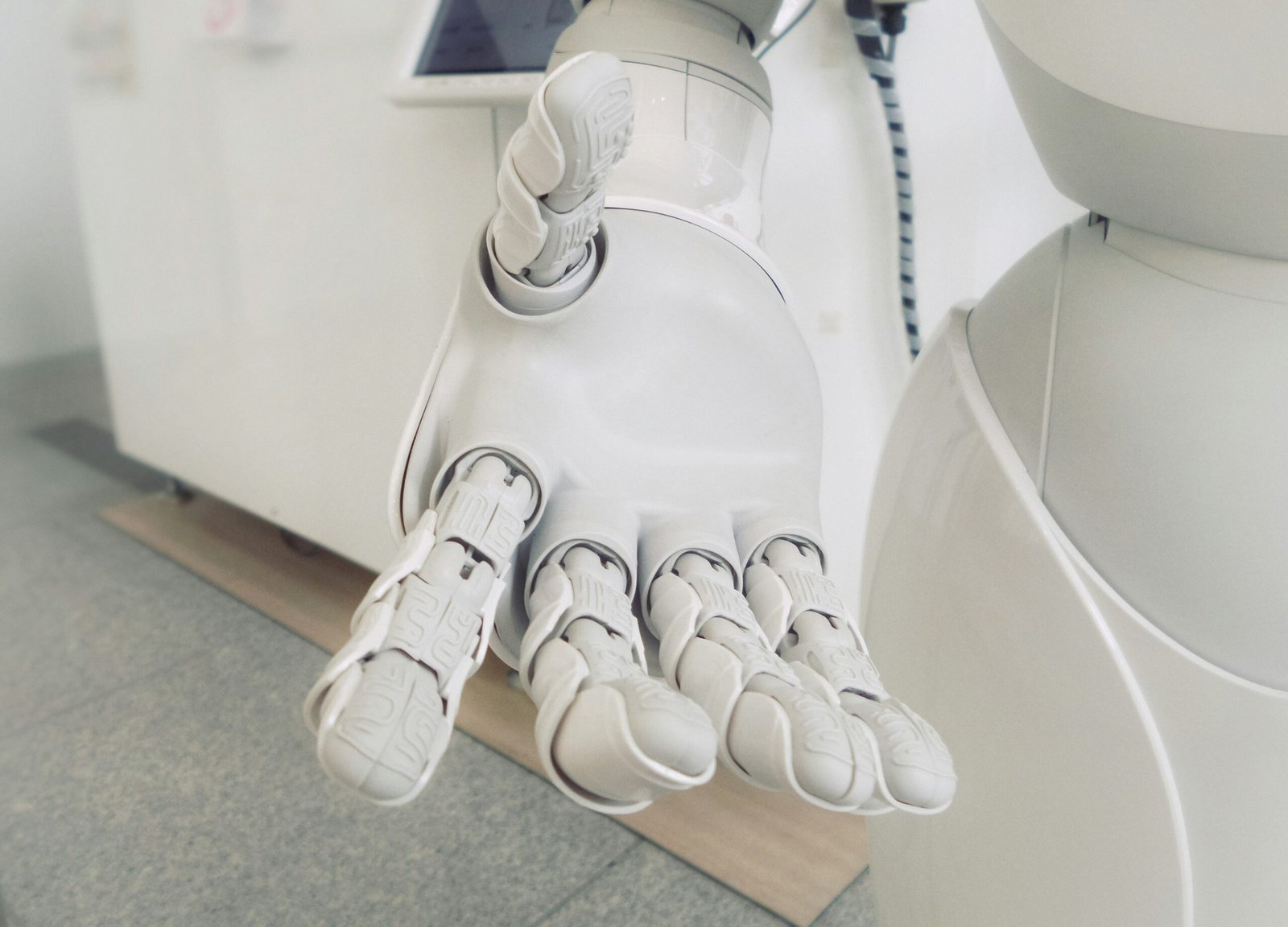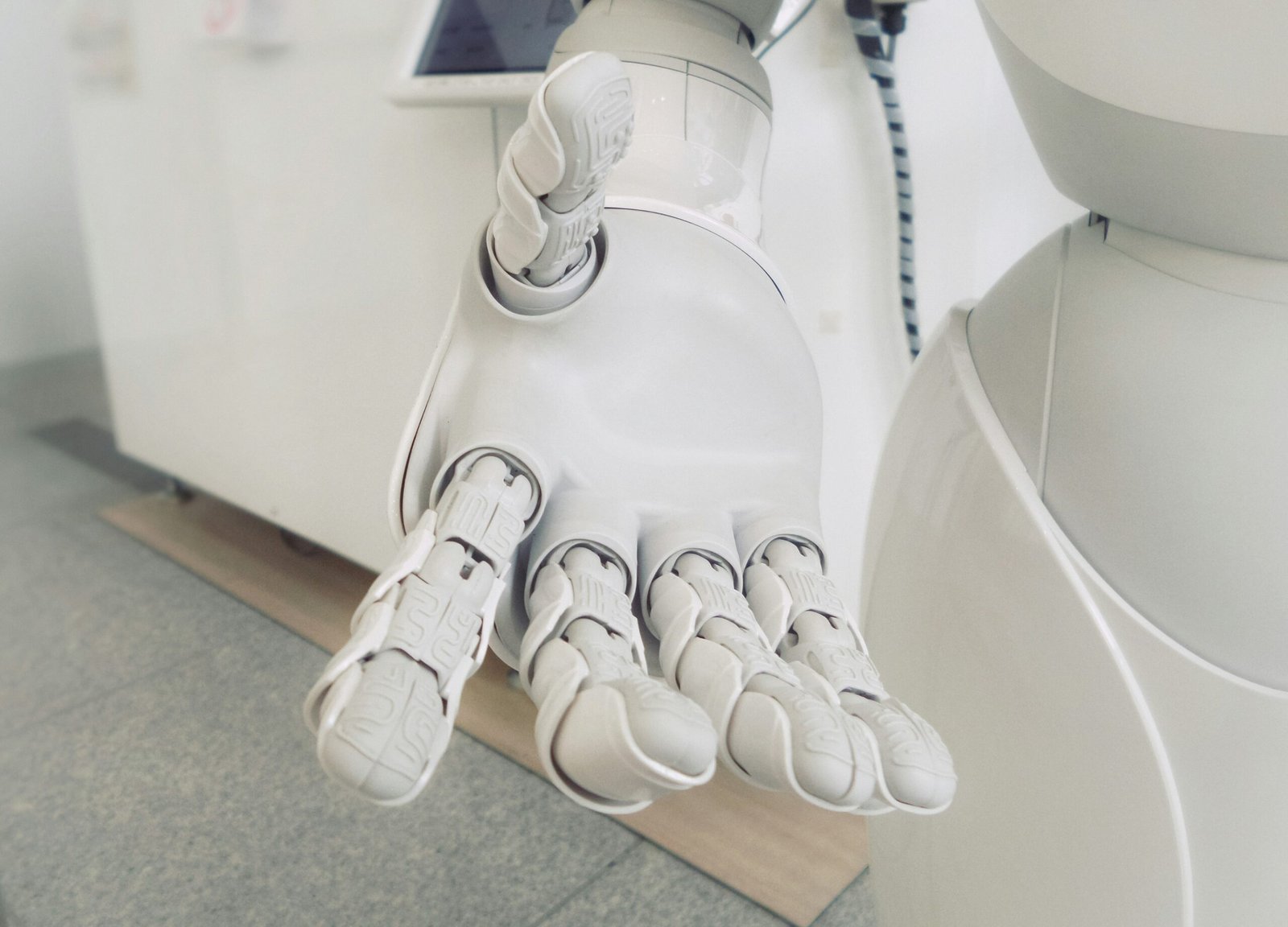
Smart Health: The Rise of Healthcare AI
The rapid increase in the use of Artificial Intelligence (AI) in the healthcare sector has been remarkable. In the past year, there has been a significant surge in the adoption of AI strategies, with 90% of hospitals now having an AI strategy in place. This is a stark contrast to 2019, when 47% of hospitals had no process for integrating AI into their healthcare systems.
Furthermore, the impact of the COVID-19 pandemic has underscored the importance of AI initiatives in healthcare. A staggering 75% of healthcare executives believe that AI initiatives are even more crucial now, given the challenges posed by the pandemic.
The Role of AI in Healthcare
AI has emerged as a transformative force in the healthcare industry, offering a myriad of use cases that have the potential to revolutionize patient care and medical research. One such groundbreaking application of AI is its ability to detect dementia before any symptoms appear.
A notable development in this realm comes from a team at the University of Cambridge and the Alan Turing Institute, who have pioneered the use of machine learning tools to identify dementia in patients at an early stage. The technology leverages brain scans from patients who have developed dementia, allowing machine learning algorithms to detect structural changes in the brain.
Moreover, by combining the insights from these brain scans with the results from memory tests, the machine learning system generates a prognostic score that reveals the likelihood of the patient developing Alzheimer’s disease. This innovative approach holds immense promise in the early identification of individuals at risk of dementia, paving the way for timely interventions and personalized treatment strategies.
Implications for Drug Development and Treatment
Currently, the options for treating dementia are limited, with very few drugs available to address the condition. However, the ability to identify individuals at the earliest possible stage of dementia presents a pivotal opportunity for medical researchers and pharmaceutical companies.
By pinpointing individuals in the early stages of dementia, researchers can potentially develop and test new medicines before the onset of severe symptoms. This proactive approach holds the potential to accelerate the discovery and validation of novel treatment modalities, offering hope for more effective interventions in the battle against dementia.
In conclusion, the integration of AI in healthcare has not only transformed the landscape of medical diagnosis and patient care but has also opened new frontiers in the quest for innovative treatments and personalized medicine. The advancements in AI-driven dementia detection exemplify the profound impact of technology in enhancing healthcare outcomes and fostering a brighter future for patients and healthcare professionals alike.
Enhancing Surgical Precision with AI
Another remarkable application of AI in healthcare is its potential to enhance surgical precision and outcomes. Advances in computer vision and robotics have enabled the development of AI-powered surgical systems that can assist doctors in performing complex procedures with unparalleled accuracy.
One such system is the da Vinci Surgical System, which utilizes advanced robotic technology and AI-driven algorithms to guide surgeons during minimally invasive procedures. The system’s precise movements and enhanced visualization capabilities allow surgeons to navigate intricate anatomical structures with greater dexterity, reducing the risk of complications and shortening recovery times for patients.
Furthermore, AI-powered surgical planning tools can analyze medical scans, such as CT and MRI images, to create detailed 3D models of the patient’s anatomy. These models not only help surgeons better understand the intricacies of the surgical site but also enable them to plan and rehearse the procedure virtually, optimizing their approach and minimizing potential risks.
As AI continues to advance, the integration of these technologies into the operating room is expected to become increasingly prevalent, reshaping the landscape of modern surgery and elevating the standard of patient care.
Revolutionizing Diagnostic Accuracy with AI
In addition to enhancing surgical procedures, AI has also demonstrated remarkable capabilities in the realm of medical diagnosis. By leveraging advanced algorithms and machine learning techniques, AI-powered systems can analyze vast troves of medical data, from imaging scans to laboratory test results, to identify patterns and anomalies that may indicate the presence of various health conditions.
One example of this is the use of AI in the early detection of breast cancer. Researchers have developed deep learning models that can analyze mammograms with a level of precision that often exceeds that of human radiologists. These AI-powered systems can identify subtle signs of cancer that may be overlooked by the human eye, enabling earlier diagnosis and improving patient outcomes.
Similarly, AI is making strides in the detection of other types of cancer, including lung cancer and prostate cancer. By analyzing medical images and integrating patient data, AI algorithms can help clinicians identify potential malignancies at earlier stages, when the chances of successful treatment are often higher.
Beyond cancer detection, AI is also proving its worth in the diagnosis of neurological disorders, such as Parkinson’s disease and Alzheimer’s disease. By analyzing patterns in brain imaging data and combining it with clinical information, AI systems can assist in the early identification of these debilitating conditions, paving the way for more timely interventions and personalized care.
Streamlining Drug Discovery with AI
The pharmaceutical industry has long faced the challenge of developing new and effective drugs, a process that is often time-consuming, costly, and fraught with uncertainty. However, the advent of AI is revolutionizing the drug discovery and development pipeline, offering new hope for the treatment of various diseases.
One of the key ways AI is transforming drug discovery is through the use of machine learning algorithms to analyze vast datasets of chemical compounds, biological information, and clinical trial data. By identifying patterns and correlations within this vast trove of data, AI-powered systems can potentially uncover new drug candidates with greater efficiency and precision than traditional methods.
Moreover, AI is also being used to simulate the complex interactions between drug molecules and biological targets, such as proteins and enzymes. These simulations, known as in silico drug discovery, can help researchers predict the effectiveness and potential side effects of drug candidates, accelerating the drug development process and reducing the risk of costly failures.
Beyond the discovery phase, AI is also being leveraged to optimize the clinical trial process. By analyzing data from previous trials and identifying the most promising patient populations, AI can help researchers design more efficient and targeted clinical studies, ultimately accelerating the path to regulatory approval and bringing new treatments to market faster.
The impact of AI on the pharmaceutical industry is already being felt, with several AI-driven drug candidates currently in various stages of clinical development. As this technology continues to advance, it holds the promise of revolutionizing the way we discover, develop, and deliver life-saving medications.
Empowering Patients through AI-Driven Healthcare
The integration of AI in healthcare is not limited to enhancing the capabilities of medical professionals; it is also empowering patients to take a more active role in their own well-being. Through the development of AI-powered apps and wearable devices, individuals can now access a wealth of personalized health information and tailored guidance, enabling them to better manage their health and make informed decisions.
One such example is the use of AI-powered chatbots and virtual assistants in healthcare. These systems can engage patients in natural language conversations, providing them with advice on symptom management, medication adherence, and lifestyle modifications. By offering personalized recommendations and guiding patients through their healthcare journeys, these AI-powered tools can help individuals navigate the complexities of the healthcare system and take a more proactive approach to their well-being.
Another area where AI is empowering patients is in the realm of chronic disease management. Wearable devices, such as smartwatches and fitness trackers, can now leverage AI algorithms to monitor an individual’s vital signs, activity levels, and other health indicators. By providing patients with real-time feedback and personalized insights, these AI-driven devices can help individuals better manage conditions like diabetes, heart disease, and respiratory disorders, improving their overall quality of life.
Moreover, AI is also being utilized to enhance the patient-provider relationship. Through the analysis of patient-generated data and medical records, AI-powered systems can identify potential health risks, suggest personalized treatment plans, and facilitate more effective communication between patients and their healthcare providers. This integration of AI into the healthcare ecosystem has the potential to foster stronger partnerships and improve the overall quality of care.
As the healthcare industry continues to evolve, the role of AI in empowering patients and revolutionizing the way we approach our well-being will only become more prominent. By leveraging this transformative technology, individuals can take a more proactive and informed approach to their healthcare, leading to better outcomes and a more sustainable healthcare system.

